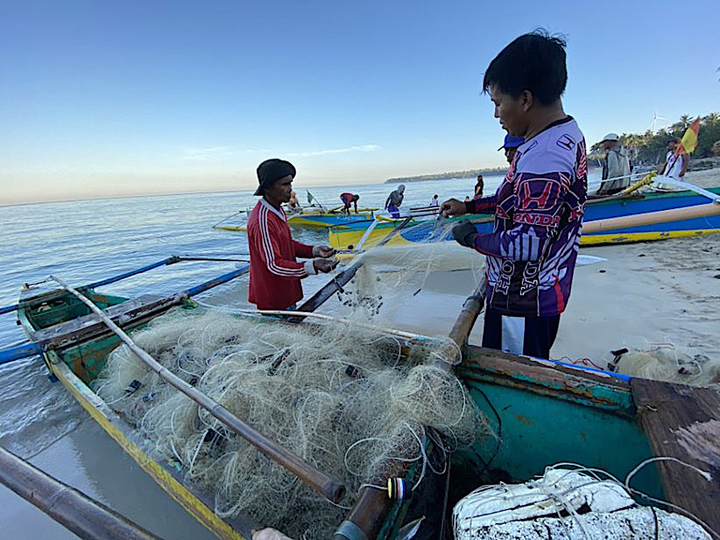
Food security advocacy group Tugon Kabuhayan on Monday urged the national and local governments to partner with the fisheries sector to establish more aquaculture economic zones as a measure to boost the country’s food supply.
“This move will boost production of processed and value-added aquaculture products for both domestic and export markets and generate local employment,” the group said in a news statement issued on Monday.
The group cited the Special Economic Zone Act of 1995, which provides fiscal and non-fiscal incentives such as tax holidays and simplified import-export procedures to businesses located inside such zones.
The group said there are only 22 agro-industrial zones out of the 379 operating ecozones in the country based on the 2017 data of the Philippine Economic Zone Authority (Peza).
The group pointed out that despite the numerous incentives that an ecozone provides, the “uptake for locating or establishing export processing zones for aquaculture and fisheries appears to be limited.”
Peza industries enjoy income tax holidays, tax-free importation of capital equipment and exemption from national and local taxes on their importation as well as tax credit for import substitution, among others, the group said.
“While tuna, seaweeds and shrimps remained as the country’s top export commodity, accounting for 63 percent [153,667 MT] of the total export volume [226,821 MT] and 58 percent [$531,333 million] of the total export value of $909 million , no tuna or shrimp related industry is Peza registered,” the group said.
“Of the 22 agro-industrial zones, only Shemberg Biotech Corporation and Alsons Aquaculture Corporation are Peza-Registered Enterprises. Shemberg is into seaweed processing, while Alsons is involved in the production of feeds, fish, shrimps and other aquaculture farm species for export,” it added.
The group noted that the Peza and the Department of Agriculture (DA) forged an agreement in 2019 to industrialize agribusinesses as part of government’s effort to “promote domestic production, manufacturing and exports, and reduce import dependence.”
“We can become a dominant exporter while still caring for and providing gainful economic growth to local communities,” Tugon Kabuhayan said.
“At the same time, with the recent approval of the interagency task force on the coronavirus on the increase of domestic sales allowance to 50 percent from the previous 30 percent, we can ensure that or local consumers will not be deprived of sufficient fish protein source,” Tugon Kabuhayan added.
The group said local producers are “more than capable” to supply the country’s need for “accessible and affordable food” if they are given the necessary support such production interventions and post-harvest facilities.
“With government support and provision of fiscal incentives, the fisheries and aquaculture industry can generate more jobs. We are ready to venture in the promotion of consumption of processed commodities both domestically and internationally,” it said.
“This will definitely contribute to more job creation. In our estimate, even if only half of the urban population patronizes deboned milkfish [bangus], this will create additional 7,000 jobs in a year. What more if we sell deboned bangus and other value-added aquaculture products to other countries?” it added.
The group explained that there are aquaculture companies that are willing to invest and venture in processing and export of commodities but need technical support from various government agencies to acquire Peza registration. These documentary requirements, the group added, include favorable endorsement from the DA, environmental compliance certificate (ECC) from DENR, and endorsement from LGUs among others.
“We’re confident that the Philippine aquaculture industry can be competitive globally. We have the untapped natural and human resource and technical expertise which can propel our growth in the international arena,” the group said.
Image courtesy of Oceana

